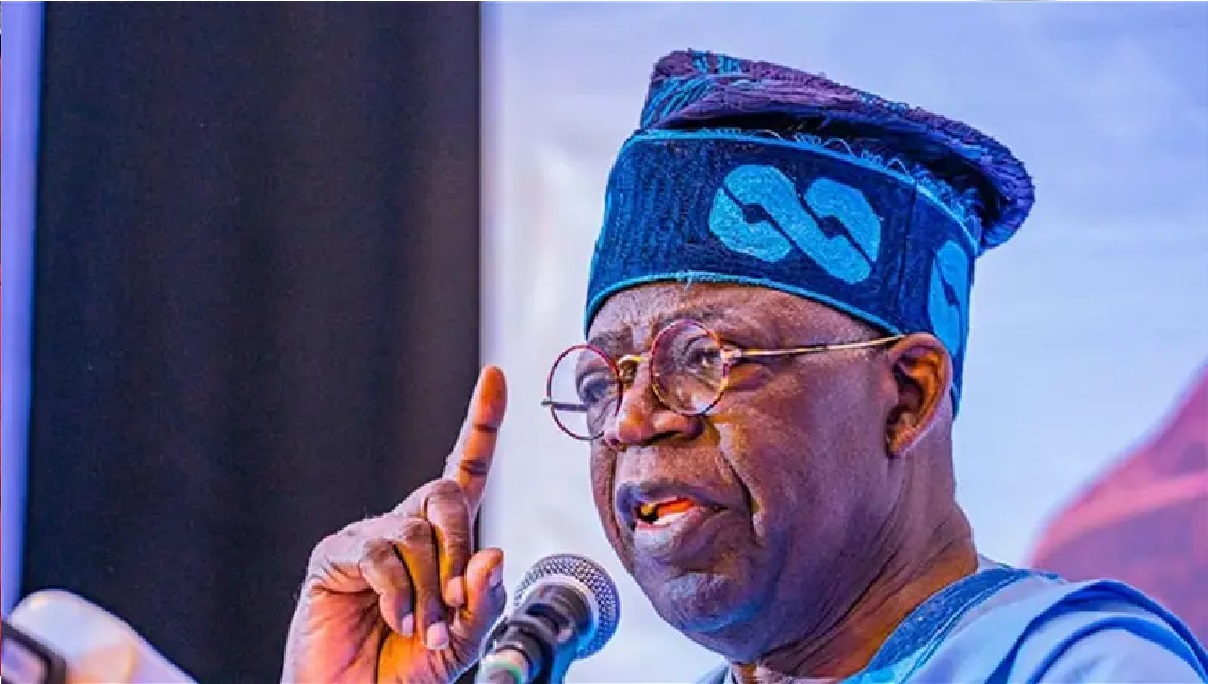Nigeria’s citizens are raising their voices, urging President Bola Ahmed Tinubu to address the persistent power outages by reevaluating the operational licenses of the nation’s electricity distribution companies (DisCos). The recent months have seen a drastic decline in power reliability, plunging daily life into chaos and disrupting businesses across the country.
The power sector’s challenges are not new; they span over a decade of post-privatization efforts that have yet to yield consistent electricity for consumers. From Lagos to Kaduna, the narrative remains the same: insufficient power supply is the norm, despite customers’ varying service levels.
The statistics paint a grim picture: nearly half of Nigeria’s population lacks access to electricity, positioning the country as one of the least electrified globally. Despite a theoretical capacity of 22,000 megawatts, actual power generation hovers between 4,000 and 5,000 megawatts—a figure that has recently dipped even lower.
Nigeria’s Electricity Dilemma: A Call to Action
Nigeria’s power sector stands at a critical juncture, marred by persistent challenges that have plagued citizens for over a decade. The outcry for change reverberates as Nigerians demand a brighter future in the face of relentless power outages. Amidst this turmoil, a chorus of voices calls for President Bola Ahmed Tinubu to take decisive action, urging the revocation of electricity distribution companies’ licenses (Discos) as a step towards alleviating the nation’s energy woes.
The Flickering Flame of Hope
Epileptic power supply has cast a shadow over daily life, plunging communities into darkness and hindering economic prosperity. Despite promises of improvement, the reality remains bleak, with electricity consumers bearing the brunt of exorbitant tariffs for sporadic access to power. From Lagos to Enugu, Abuja to Kaduna, the narrative of darkness pervades, highlighting the systemic failures of the power sector.
A Nation in the Dark
Nigeria’s power deficit paints a grim picture, with a staggering 92 million out of over 200 million Nigerians living without reliable electricity access. Despite boasting a generating capacity of 22,000 megawatts, the nation struggles to muster a fraction of this potential, leaving millions in perpetual darkness. The dire situation underscores the urgent need for comprehensive reform and sustainable solutions.
A Legacy of Dysfunction
The roots of Nigeria’s power crisis run deep, stemming from a history of mismanagement and policy inertia. The post-privatization era has failed to deliver on its promises, leaving citizens disillusioned and businesses crippled by astronomical losses. The Manufacturers Association of Nigeria laments the staggering cost of the power sector crisis, a burden that weighs heavily on the nation’s GDP.
A Path Forward: Empowering Institutions
Renowned experts echo a common refrain: the key to unlocking Nigeria’s energy potential lies in strengthening institutions and fostering continuity in policy. Professor Wumi Iledare advocates for a shift away from personality-driven governance towards a transformative leadership paradigm. He emphasizes the imperative of empowering energy institutions with a shared vision and strategic direction.
Charting a Course for Change
The Nigerian Consumer Protection Network President, Kunle Olubiyo, advocates for a radical overhaul of the regulatory framework and a transition towards market-driven dynamics. Proposals to exit the Transition Electricity Market and embrace competitive pricing mechanisms signal a departure from outdated paradigms towards a more agile and responsive energy landscape.
A Vision for Progress
Adetayo Adegbemle, Convener of PowerUp Nigeria, underscores the pivotal role of visionary leadership in navigating the complexities of the power sector. He calls for a fundamental reorientation towards a business-centric approach, emphasizing the imperative of financial sustainability and investor confidence.
Towards a Brighter Future
As Nigeria stands at the crossroads of its energy future, Engr Yesufu emphasizes the need for a systematic and phased approach to reform. Targeted subsidies, infrastructure enhancement, and private sector engagement emerge as linchpins of a holistic strategy to revitalize the power sector.
Seizing the Opportunity for Change
Chinedu Amah, CEO of Spark Online, advocates for the removal of electricity subsidies as a catalyst for industry revitalization and job creation. Embracing market-driven incentives and empowering service providers are touted as essential steps towards fostering a culture of innovation and progress.
A Call to Action
Eze Onyekpere, Lead Director of the Centre for Social Justice, underscores the multifaceted nature of Nigeria’s power crisis, transcending mere license revocations. He calls for a nuanced approach that addresses systemic inefficiencies across the entire value chain, from generation to distribution.
In Conclusion
The clamor for change reverberates across Nigeria, urging leaders to heed the call for reform and chart a course towards a brighter, more electrified future. The time for action is now, as Nigeria stands poised to harness its vast energy potential and illuminate the path towards progress and prosperity for all.
